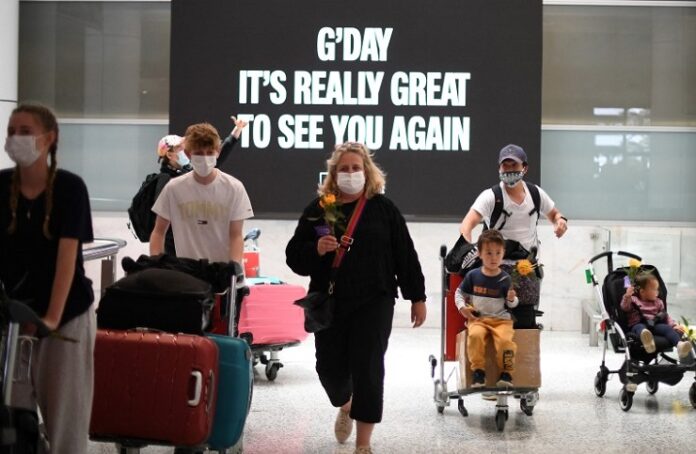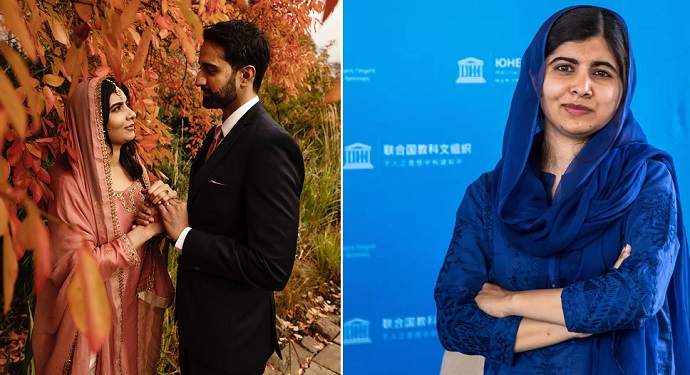Australia’s borders will reopen to fully vaccinated travellers on February 21, according to Prime Minister Scott Morrison, lifting arguably of the world’s tightest and longest-standing pandemic travel restrictions.
“It’s been over two years since we decided to close the borders to Australia,” Morrison said during a Monday press conference.
If you’re double vaccinated, we look forward to welcoming you back to Australia.”
In March 2020, Australia closed its borders to protect itself against a growing COVID-19 pandemic.
Since then, most Australians have been barred from leaving the country, with only a few foreigners allowed entry waivers.
The laws have shattered families, harmed Australia’s burgeoning tourism economy, and sparked heated discussions about the country’s reputation as a modern, open, and outward-looking society.
The International Air Transport Association hailed the verdict as “very positive” (IATA).
The Asia Pacific region has been cautious in its approach to border restrictions so far,” Philip Goh, IATA’s Regional Vice President for Asia Pacific, said in a statement. “However, in recent weeks, we have seen increasing movement toward the removal of travel restrictions — in the Philippines, Thailand, and to a lesser extent, New Zealand.”” “We urge other governments in the Asia Pacific to consider easing border restrictions in a similar way to allow aviation businesses to accelerate their much-needed recovery and bring maximum benefits to the region.”
Morrison’s administration has gradually eased the criteria for Australians, long-term residents, and students since launching its vaccine programme last year.
Almost all remaining caps will be lifted as a result of Monday’s decision.
Almost all of Australia’s population has received two doses of the COVID-19 vaccine, and the country ditched its long-standing “COVID-zero” policy last year, owing to an increase in cases caused by the Omicron variant.
Daily infections and hospital admissions have decreased over the last week, with Australia reporting just over 23,000 new cases on Monday.
This is the lowest daily case count of the year, and it’s down from a high of 150,000 approximately a month ago.
Since the first Omicron case was discovered in Australia in November, there have been around 2.4 million cases reported. Australia had counted around 200,000 instances up to that point.
Since the epidemic began, 4,248 people in Australia have died as a result of the virus.


















